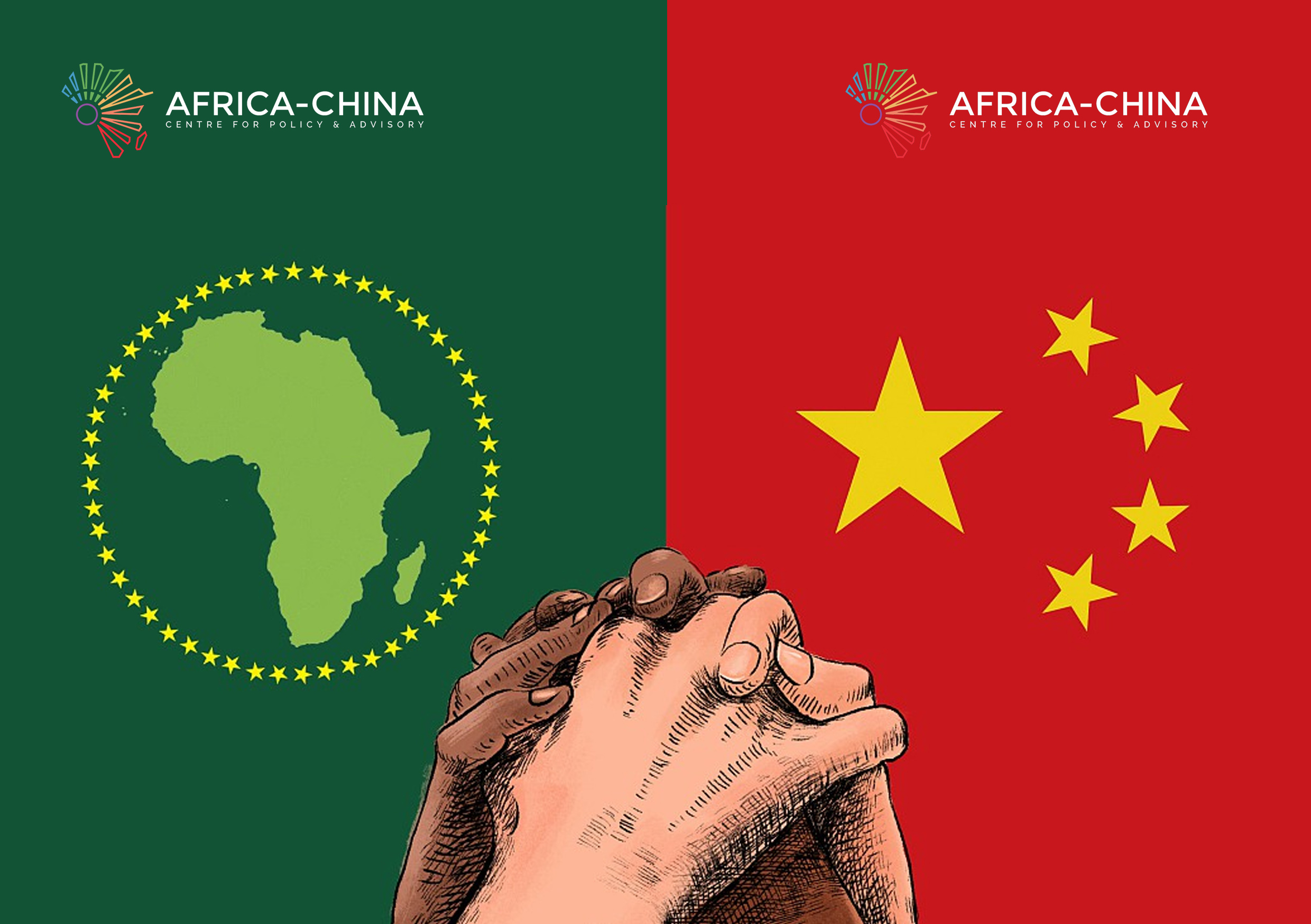Start here:
In October 2022, we set up a policy research think tank and consulting firm that focuses on how Africa and China can work together.
The Africa-China Centre for Policy and Advisory is a Sino-African research and policy think tank and advisory firm dedicated to providing unbiased policy and market research as well as distinct views on Africa-China relations.
On this journey of seeking the facts about Ghana/Africa-China relations covering economic, trade, investment, social, and cultural exchanges, I led the team to begin engagements with key strategic stakeholders.
This led us to a recent visit and interaction with the two Confucius Institutes in Ghana, the Confucius Institute at the University of Cape Coast and the Confucius Institute at the University of Ghana. These interactions form the basis for this article, which highlights what China is thinking when it comes to the roles its Confucius Institutes are playing in broadening and deepening ties with all countries of the world, and more specifically, Africa and Ghana.
History of Confucius Institutes
The history of Confucius Institutes tells a very interesting story about how important and influential China is around the world.
The Confucius Institutes (CIs) are non-profit educational institutions with the stated mission and aim of promoting the teaching of Chinese and facilitating cultural exchanges.
The first Confucius Institute was established in Seoul, South Korea, in November 2004.
In a spate of thirteen (13) years (between 2004 and 2017), the Confucius Institute secured a number of partnerships with universities in 146 countries around the world. As of 2017, there were 525 Confucius Institutes at colleges and universities worldwide.
Let me bring you into familiar territory: the Confucius Institute’s methods for offering language instruction and advancing culture are similar to those of other Western cultural institutions like the UK’s British Council, Germany’s Goethe-Institut, or France’s Alliance Francaise.
However, the CIs adopt certain actions that set them apart from other cultural organizations, particularly in the way they integrate into the host university’s structure and make use of a double directorship system.
As we discovered and met, there are two directors at both the University of Cape Coast and the University of Ghana, a Ghanaian and a Chinese. This backs up China’s unique way of teaching and learning together with the universities and countries that host them.
Why CI’s matter in Ghana and Africa-China relations
Why have Confucius Institutes become a crucial part of China’s foreign relations policy? For a start, it’s simple, China was once closed to the rest of the world. However, beginning in 1979, the opening-up policy was launched, and we are all witnesses to the tremendous and unprecedented economic transformation of China.
In my opinion, China is very much aware that it has to make efforts to spread more awareness of the country and get everyone to understand it. It may be a practical strategy to encourage a deeper understanding of the ideas driving agreements and development initiatives.
The first Confucius Institute in Africa was established at the University of Nairobi in December 2005. As of 2022, there are 61 Confucius Institutes on the continent, spread across 46 countries.
I’d like to think that cultural exchanges are important for Chinese and Ghanaian/African people to learn about each other and for the two groups to get along better.
People-to-people encounters ought to be a top priority in Ghana-China ties since both countries need to learn more about one another’s history, culture, and even legal systems. As earlier mentioned, Ghana currently has two Confucius Institutes, and I am optimistic that there could be more. This shows how young Ghanaians are increasingly interested in learning more about China.
Language & Culture can boost bilateral trade & investment
“If you talk to a man in a language he understands, that goes to his head.
Nelson Mandela
If you talk to him in his language,
that goes to his heart.”
The headline numbers already signify the importance of Africa-China trade and investment cooperation. Africa-China relations reached their peak when, in 2009, China became Africa’s largest trading partner.
Despite disruptions in the global supply chain as a result of the COVID-19 pandemic, trade between China and Africa reached new highs in 2021.
According to the most recent data from China’s General Administration of Customs, total bilateral trade between China and Africa in 2021 reached USD 254.3 billion, a 35.3 percent increase over the previous year.
In Ghana, the situation is no different. China remains’ Ghana’s biggest trading partner. The economic and trade exchange between both countries is flourishing. In 2019, the bilateral trade volume stood at 7.46 billion USD, ranking among the top in Africa.
China’s presence is felt across all major sectors of the Ghanaian economy. The two countries have been working tirelessly to strengthen ties and create a mutually beneficial relationship.
If I give you the chance, you could mention tangible investments from China in Ghana.
Without a doubt, as China has grown in importance as a source of investment and trade, it is equally important to understand them through cultural exchanges.
Understandably, there has been a twisted angle and misrepresentation about the real existence of Confucius Institutes other than promoting Chinese language and cultural exchanges, according to Western actors.
For example, on March 5, 2021, the U.S. Senate voted to deny Department of Education funding to universities that host CIs.
To Ghanaians and Africans, the presence of the CIs presents a unique opportunity to understand China from our perspectives rather than through the twisted tales of Western actors.
You always risk the chance of understanding your number one trading partner, when you keep following and listening to what third parties tell you about them.
Ghana wants to learn and understand more about China from Chinese people. And the presence of Confucius Institutes presents that opportunity.
Written by: Paul Frimpong, Executive Director & Senior Research Fellow, Africa-China Centre for Policy & Advisory.





